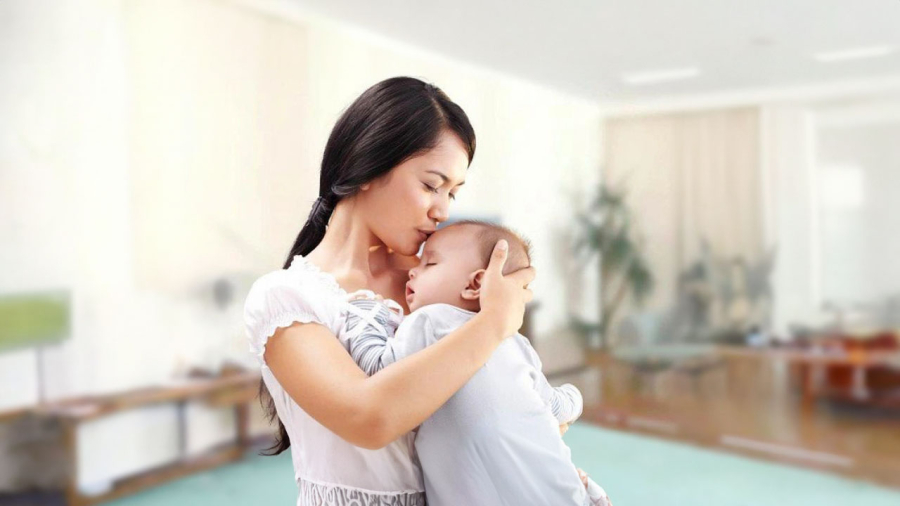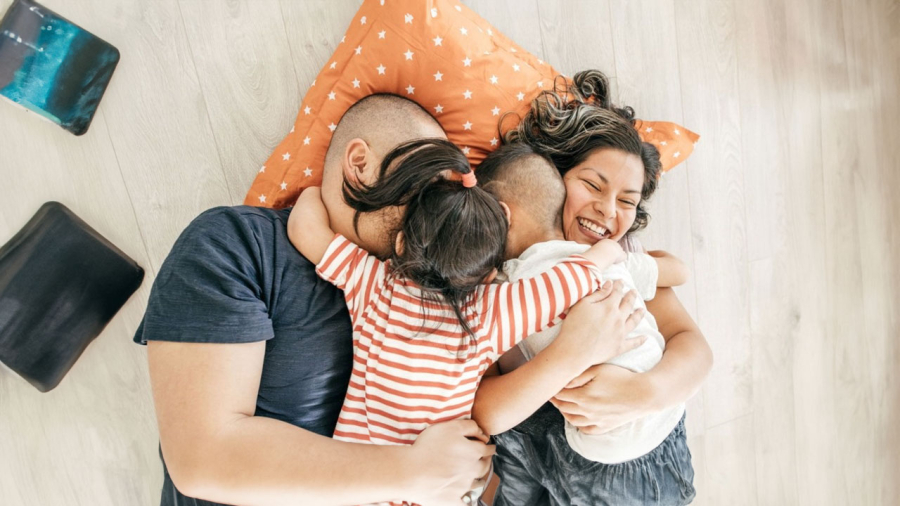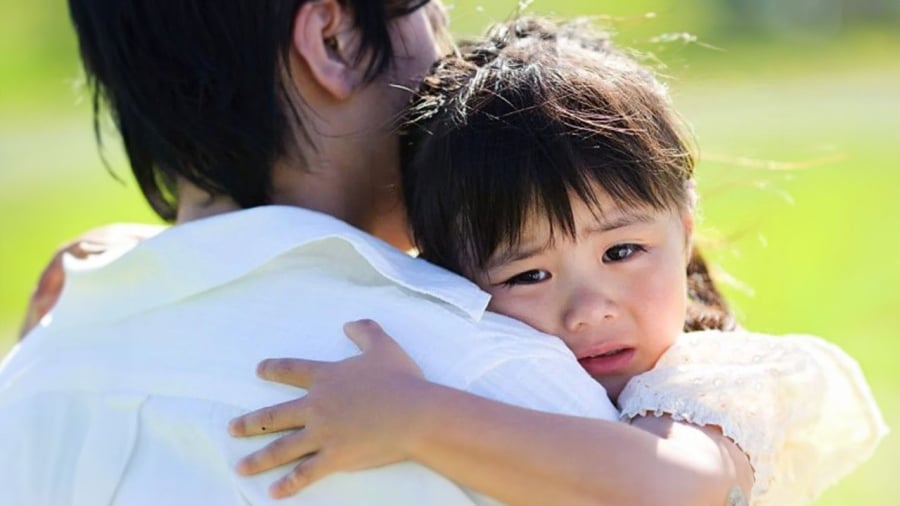The loving embrace and comforting touch of parents provide immense strength. American linguist Albert Merribin’s research has shown that up to 93% of human interaction relies on nonverbal communication. Hugs have a miraculous power in our lives, as they transmit energy and provide comfort and encouragement.
It is even more important for young children to receive hugs. If you give birth in a hospital and learn about skin-to-skin contact for newborns, you will understand the value of hugs. Hugs are still extremely important as children grow older. Unfortunately, many parents are unaware of the significance of this.
Hugs make children feel loved and experience simple affection. Every child craves to be hugged by their parents every day. Even as they grow older and start using words instead of hugs, hugs still hold great importance. When we experience pain and hardships, hugs become invaluable, surpassing the impact of any other form of consolation. Scientific research has shown that hugs not only promote healthy psychological development in children but also contribute to better physical development.

The value of hugs:
1. Enhance brain development and make children smarter
When children receive affectionate hugs, their bodies release endorphins. Endorphins are a type of endogenous peptide produced by the body and have similar effects to morphine. Apart from their pain-relieving function, these peptides also have various other physiological functions, such as regulating body temperature, heart function, and respiration. Parents hugging their children help them receive these hormones, which positively impact brain development, making children smarter.
2. Make children feel safe and comfortable
A parent’s hug is like a comforting touch that provides a sense of security, especially when children are crying, tired, or scared. Hugs help children calm down, reduce stress, and alleviate psychological shock. When children regularly receive hugs from their parents, they feel safe and experience less fear and anxiety, which positively affects their physical and mental development. When children feel safe, they grow up to be happier, more curious, and more intelligent, exploring the world better.
3. Improve children’s immune system
Frequent hugs can help children release negative emotions, which is beneficial for strengthening their immune system. Just like how you feel tired and stressed when you’re feeling down, it’s the same for children. Therefore, releasing negative emotions and promoting positive emotions through hugs can make children healthier. Hugs can reduce the mortality rate in preterm infants, which is convincing evidence. That’s why hospitals implement skin-to-skin contact for newborns.

4. Strengthen the bond between parents and children
Hugs are a connection between individuals, and they are particularly important between parents and children. Children always want to be close to their parents and will feel the love from these touches. Therefore, parents should not neglect hugs. When children are younger, they need more comforting and embracing from their parents.
Golden moments to hug your child
Hug your child as much as possible whenever they want and whenever you can. However, these are the golden moments that should not be missed:
1. After waking up in the morning
After waking up, a parent’s hug can make a child feel secure and avoid crying. A morning hug is like turning on a switch, giving children a happy and fresh start to their day.
2. After coming back home from school or daycare
Children who go to preschool or have to stay away from their parents all day will miss their parents a lot. When they come back home, a hug from their parents will be a touching and intimate moment. Hugs soothe their longing and bring joy to both children and parents.

3. Before going to bed
A parent’s hug before bedtime helps children achieve a better and safer sleep. Hug your child tightly before they sleep.
4. When saying goodbye
When parents have to be away from their children for a few days or when sending children to school, give them a farewell hug. This helps children overcome feelings of anxiety and worry caused by separation.
5. During specific moments
When a child feels restless, uneasy, sick, mistreated, or conflicts with other children… a mother’s hug can boost their confidence and provide a comforting feeling.
Hugs are priceless and essential for the future of children and family relationships. If you neglect hugs, you will have many regrets. So, hug your child, tell them that you love them, and provide them comfort and support. It is a simple yet invaluable way to give your child a brighter future.
Learning Tips for Parents: 12 Japanese Techniques to Use with Your Children
Discover the 12 principles of teaching children in the traditional Japanese way that parents can learn with Dien May XANH! By instilling these principles when your children are young, you can ensure that they grow up to be obedient, smart and polite, the hallmarks of a successful education in Japan.
Mothers’ Need for Awareness of Dual Activity of Breastfeeding and Watching TV
In the contemporary world, in which technology pervades our lives, some mothers tend to soothe their babies through nursing while simultaneously watching television. Although this practice may not appear to affect the infant, studies show that it can in fact have dire repercussions on the baby’s well-being, both in terms of physical health and mental growth. In this article, we will look at the possible reasons for this activity and its potential outcomes.





































